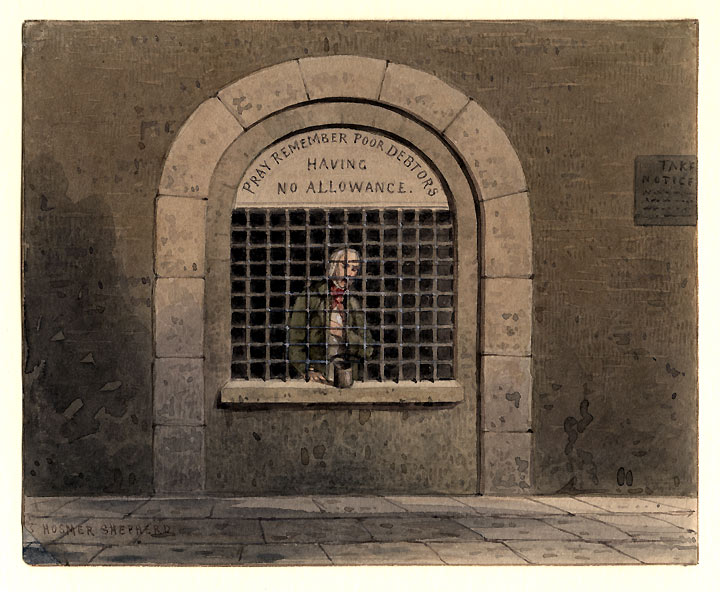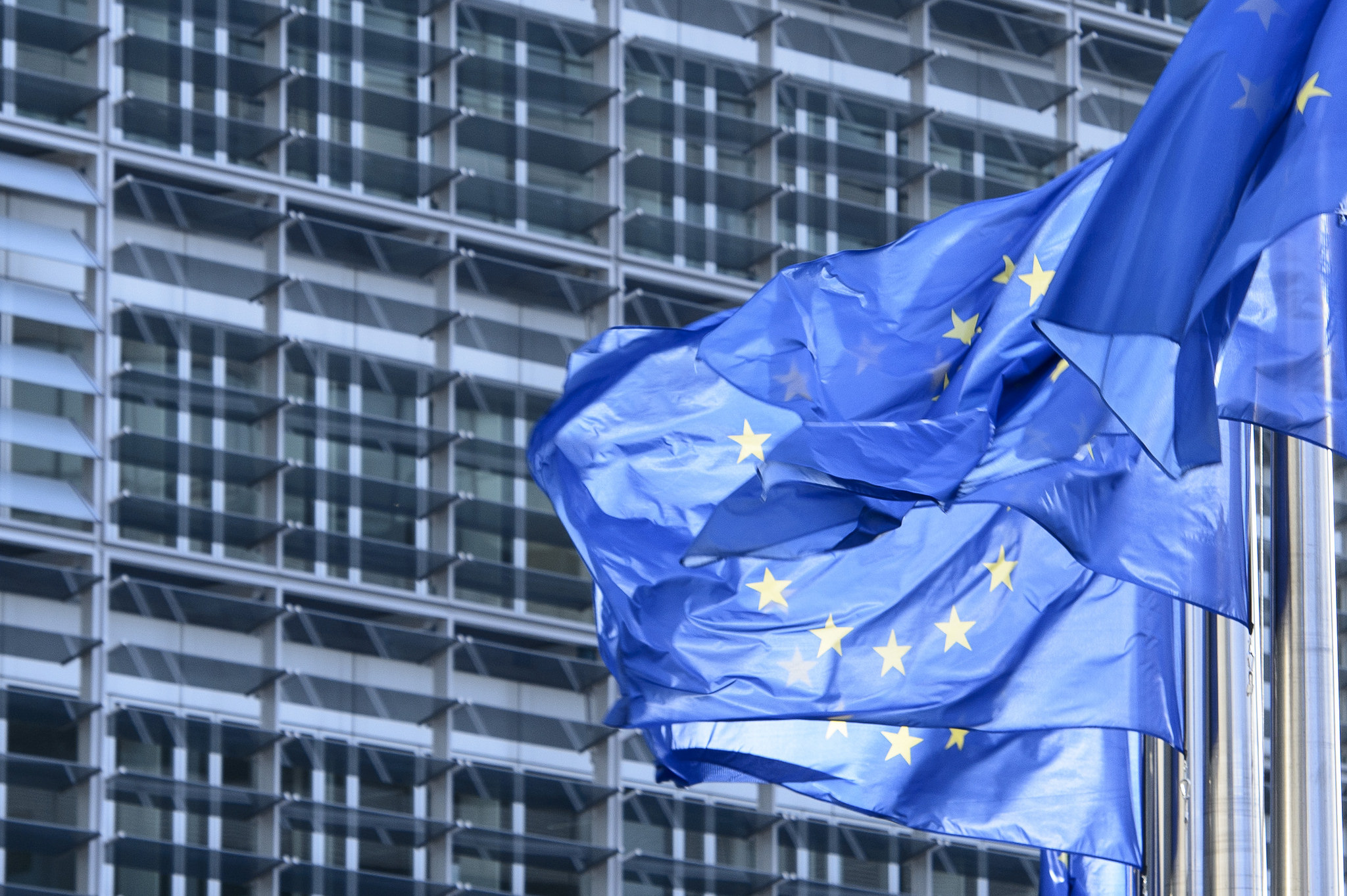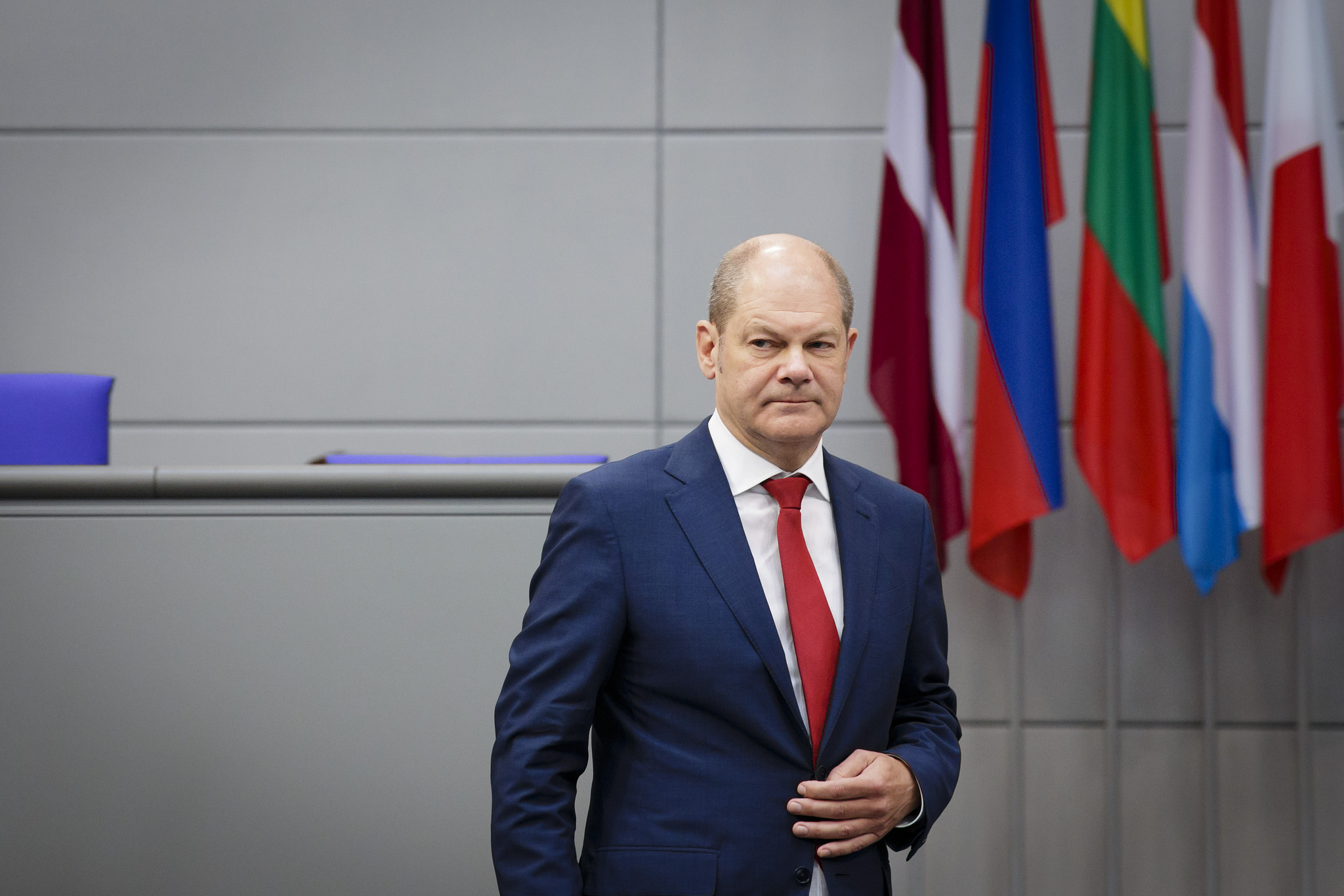Fiscally, the Eurozone is far from implosion. On average, public debt remains absolutely manageable. The political implications of the debt blame-game are more worrying, argues Rainer Voss.
‘Tis this time of the year again: time for school reports! This means, it’s time for ‘blue letters’ to those who haven’t done their homework – or rather their household chores. Not at school, but at the EU in Brussels. In addition to Italy, this year’s addressees are France, Portugal, Spain, Belgium and Slovenia.
In a family it depends on the parents or guardians how the whole thing turns out for the pupil in the end. There are the relaxed ones who don’t take it too seriously and hope that in the next school year everything will be better. And there are the strict ones who use the whole arsenal of pedagogical coercive measures to get the unruly brood back on track. The analogy to strict parents in economic life are capital markets and rating agencies. Unlike the Council of Ministers and the EU Parliament these are entities without a democratic legitimation – but powerful enough to impose their will on sovereign states through financial speculation cycles. The same actors that are currently forcing the world’s eighth largest economy to its knees rated dodgy securitizations triple A about ten years ago and thus sowed the seeds for the global financial crisis.

In an optimal currency area with effective risk-sharing instruments, the interest rate levels of Italy and Germany should be identical. In the brutal eurozone reality, however, long-term interest rates in Italy are almost 3.5 percentage points higher; a situation that inevitably leads to calamities in meeting budget targets when debt levels are high.
Ironically, the fiscal discipline of all Italian governments since the introduction of the euro has been much greater than that of Germany. Italy has run a constant primary surplus since 1988 that is higher than that of Germany. Granted, Italy failed to make use of initially low interest rates since Maastricht adoption to stabilize its fiscal policy in the long-run. But you could argue that this would not have changed its current position for the better. Because in a currency area lacking a central bank as credible lender of last resort, financial speculators can trigger self-fulfilling spirals of debt entirely independent from macro-economic indicators. Arguably, peripheral member states could do as best they could fiscally – once target of speculation, they were doomed. That’s the lesson from the Spanish case.
With unemployment at 10 percent and a GDP in free fall – $2.4 trillion in 2008 vs. $1.9 trillion today – Italy’s problem is less a fiscal one but rather a shortfall in aggregate demand. This is the flip side of fiscal prudence as defined by the IMF and alike. The easiest option for the government is now to issue spendable funds to the consumers. This entails spending more on programs than what comes in via taxation. Needless to say, this will result in a deficit projected at 2.4% and not the 0.8% stipulated by the Commission.
Back in 2003, Germany also received a letter of rebuke from Brussels calling for greater budgetary discipline. The reaction back then: shrug your shoulders, duck away, and carry on! In the ongoing budgetary conflict with the Commission, we can therefore only hope that a relaxed approach to the Italian deficit will prevail, which would in any case have the great political advantage of stealing the thunder from populists of all couleur. Because in the end, it is not the fiscal balance sheets that should keep us up at night, but rather the political implications of an ever-intensifying debt blame-game. Democracy is at stake!
Rainer Voss is former investment banker and sole protagonist in the award-winning documentary “Master of the Universe” (2013).





